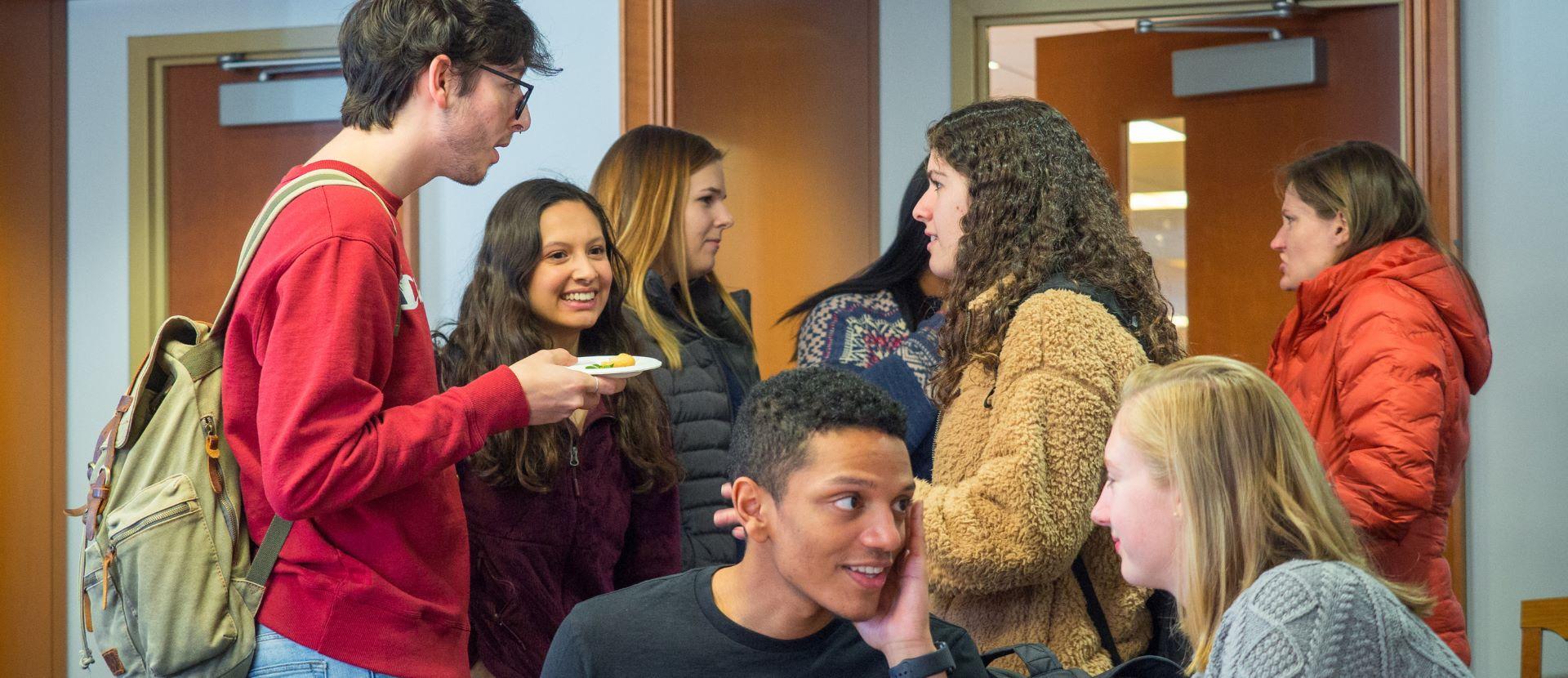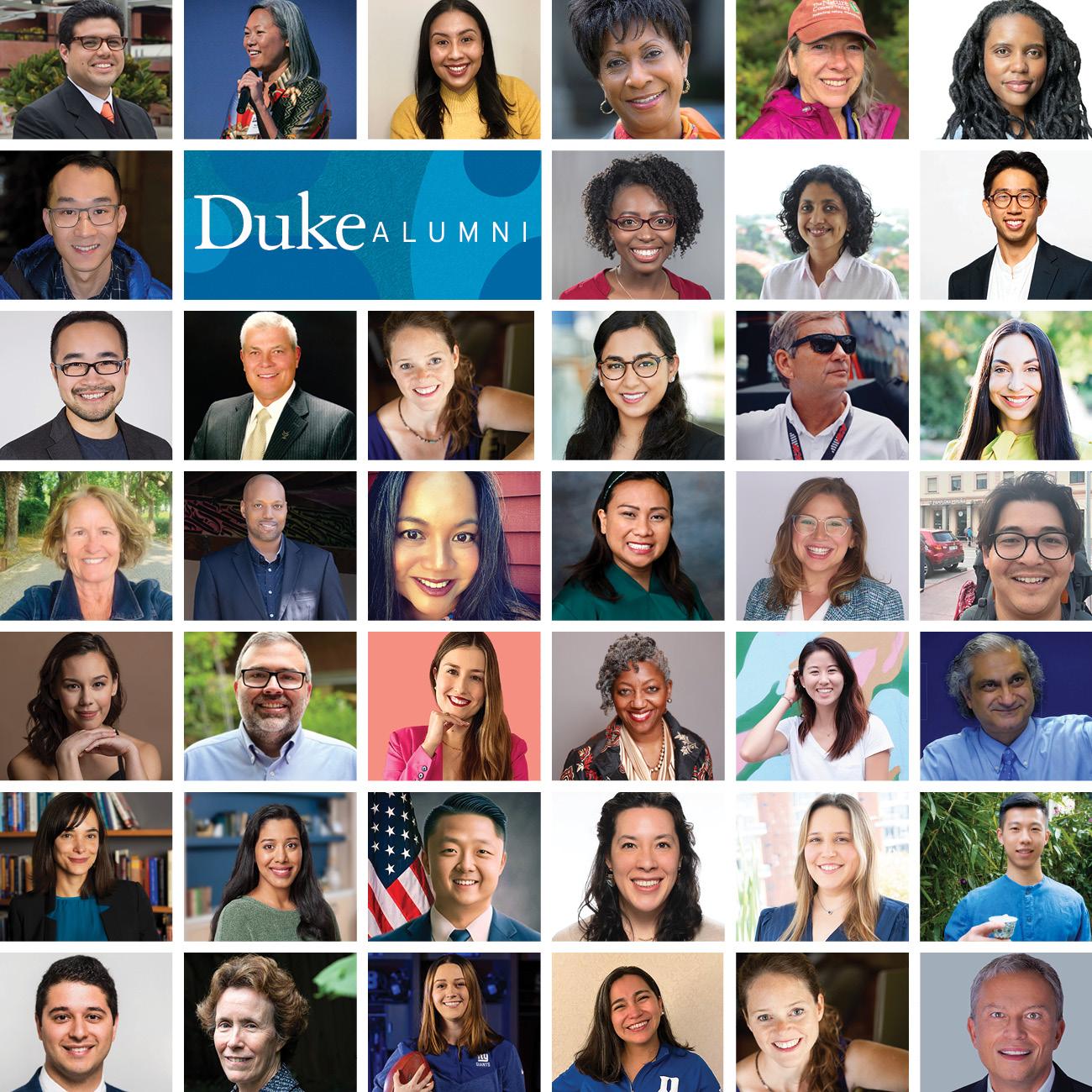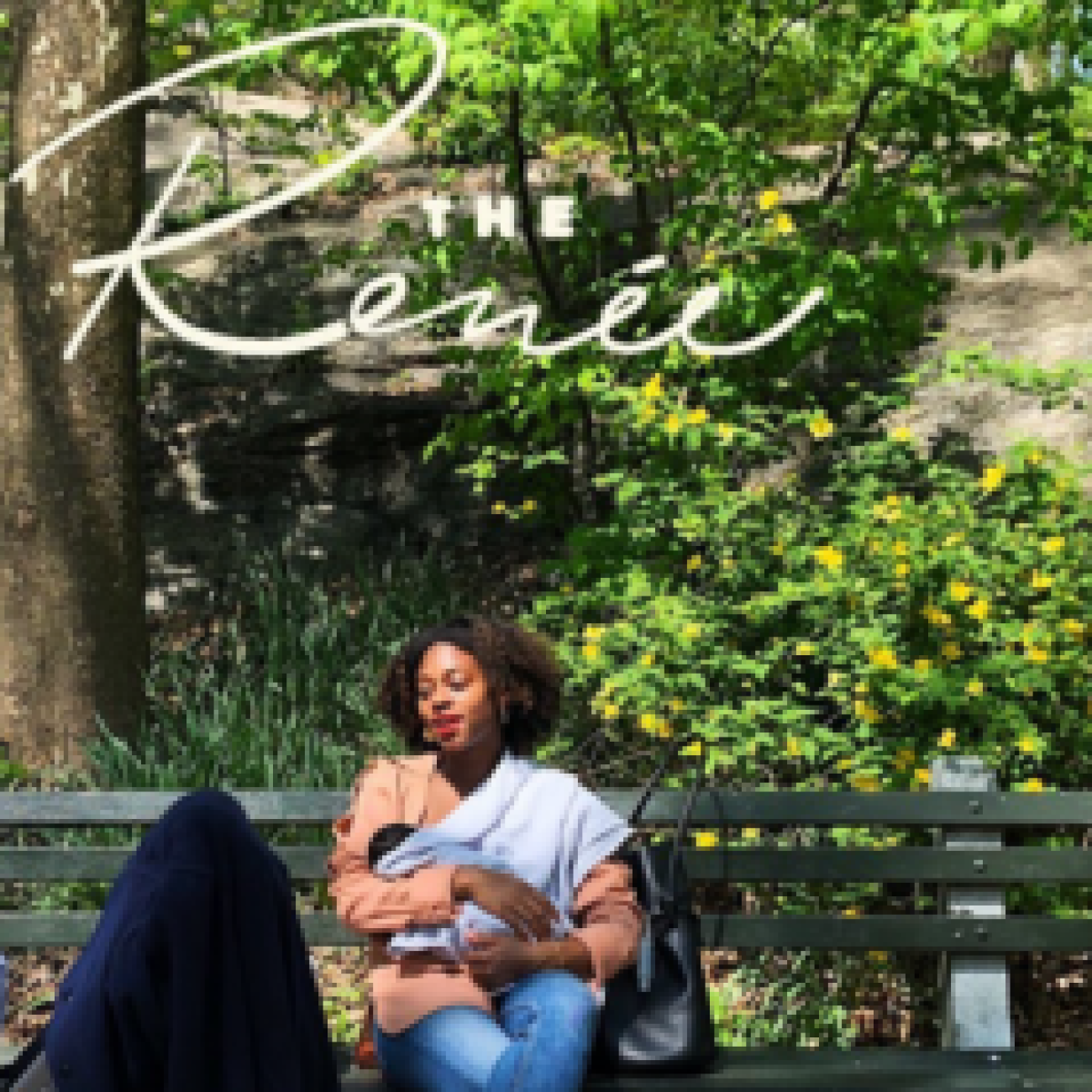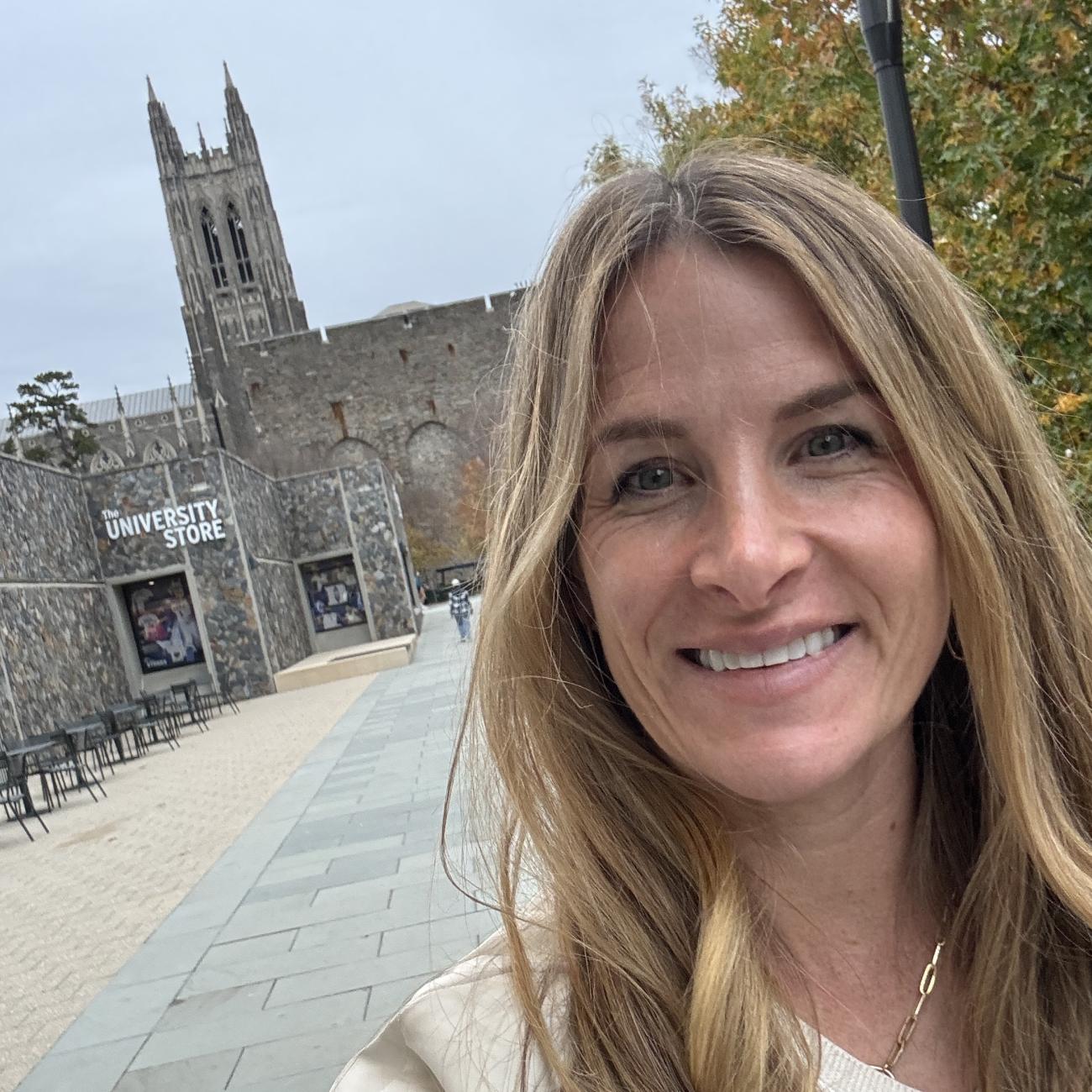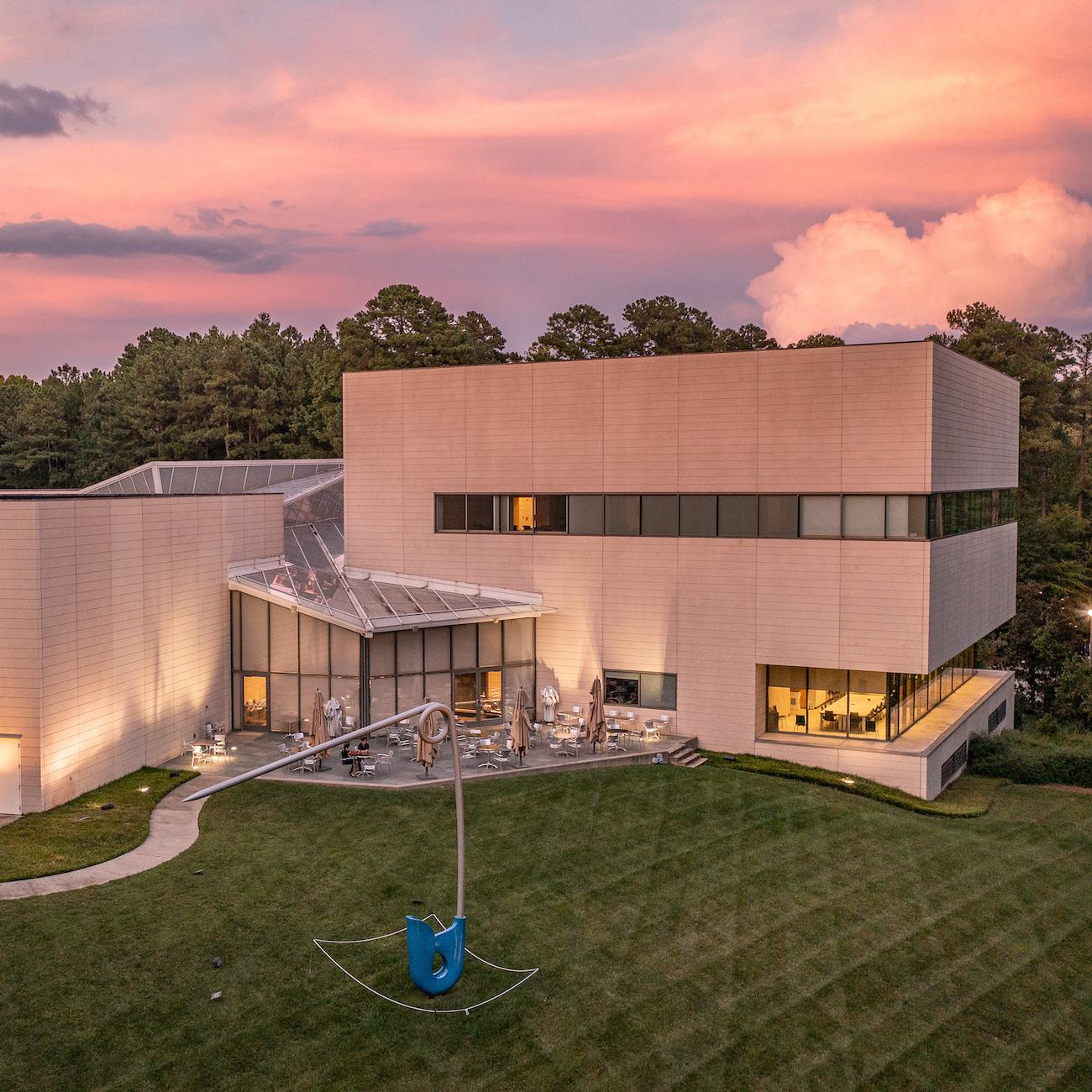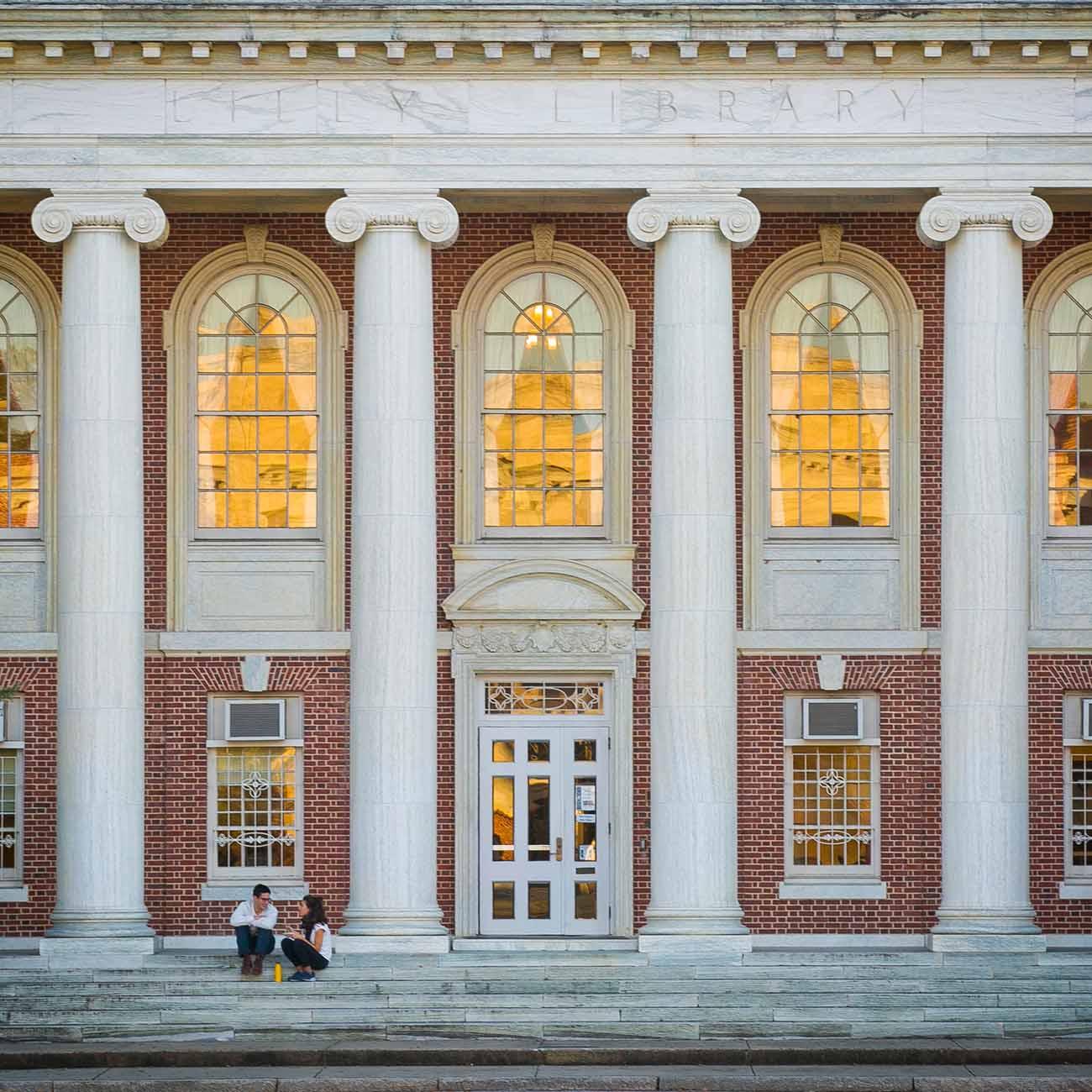First Come, All Served
Dedicated to Duke’s first-generation community, the Duke First volunteer alumni group has launched a new initiative that supports new grads.
As a gay Duke student, Jack Boyd ’85 remembers he was proud to be out.
But he hid another part of who he was: His identity as a first-generation college student.
“I felt pretty alone at Duke,” Boyd says.
Now Boyd is on a mission to change the sometimes isolating experiences other students—known at Duke as First-Generation, Low Income (FGLI) students—feel. He and other fellow alumni created Duke First, a volunteer group that seeks to create an inclusive space for alumni with this shared experience, as well as a brand-new program called Duke First Response to more specifically address the gaps during the transitional phase of leaving Duke and entering the professional world.
“There’s an assumption that you’re only FGLI for four years of college—that once you graduate, you’re on the same playing field,” says Sloan Talbot ’19, a Duke First member. “When actually you’re always entering an unfamiliar space.”
In practical terms, this means the challenges continue long after graduation, Talbot says. Many first-generation, low-income students are the first in their families to participate in a formal internship, to study abroad or to pursue graduate school. What makes the difference in all of these scenarios is not the student but the support network that surrounds them, Talbot says.
A defining tenet of Duke First Response is that a network doesn’t need to start from scratch, Boyd says. The program mobilizes Duke First’s current community by matching members by professional and personal interests and by connecting new alumni with current members for advice and mentoring.
The relationship isn’t a one-way street, says Duke First co-chair Gerardo Parraga ’18, J.D.’21. Mentors and mentees benefit the most when they work together in creative ways.
“Mentorship is more than just helping people professionally,” Parraga says. “It’s about sometimes being a sounding board or helping brainstorm. It’s a respected friendship.”
Duke First is hoping to partner with student groups at Duke and expand their reach to the greater Duke alumni community, Boyd says. By targeting the transition from student to alum, Duke First Response hopes to be the first responder new graduates reach out to when they need help.
“If you’re experiencing an obstacle, you’re not the first and not the last.” Parraga says. “It’s our goal to create community for people throughout their lives.”







